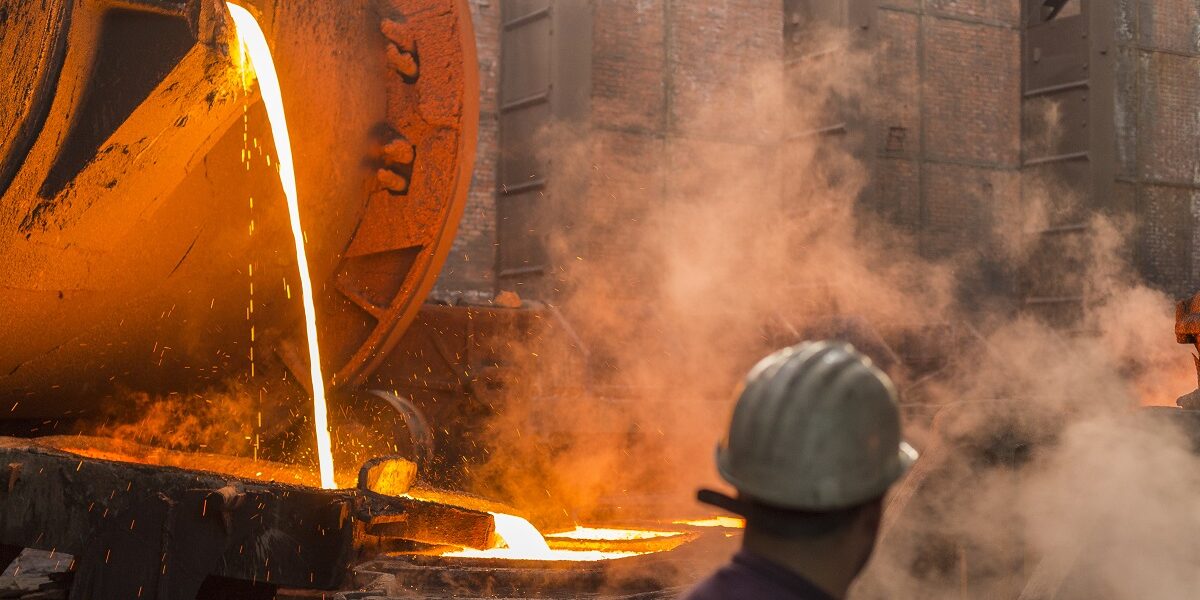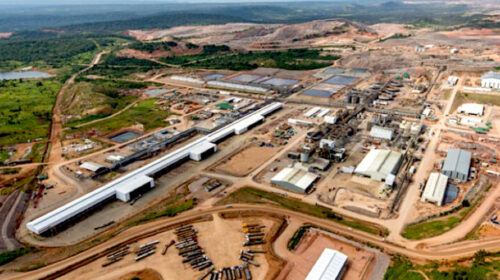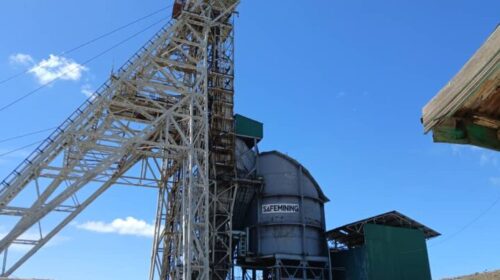China urges metals industry to curb price inflation
Following an industry meeting on Sunday, the Chinese Government has urged its mining sector to work together and step away from speculation and price inflation, with global metal demand left in flux by the Covid-19 pandemic.
The meeting, chaired by China’s National Development and Reform Commission (NDRC) and five other state bodies, included a number of private steel, iron and aluminium producers, who were urged to not further drive up metals prices, which have risen sharply this year. Between 4 January and 10 May, the price of aluminium on the London Metals Exchange (LME) jumped from $2,014 per tonne to $2,565. Meanwhile, the LME price of copper cracked $10,000 per tonne in May, with the metals industry’s leaders eager to benefit from uncertainty in the global mining supply chain.
This steady increase is not exclusively linked to the work of Chinese companies, with stalemates such as the China-Australia trade freeze helping to inflate prices. However, the Chinese Government is keen to see Chinese companies work to limit price inflation. Following the meeting, the NDRC published a statement on the commission’s website highlighting the need for strong legal compliance and mutually-beneficial cooperation.
“The meeting requested that relevant key enterprises should improve their positions, establish awareness of the overall situation, actively fulfil their social responsibilities, promote the coordinated development of upstream and downstream industries, and maintain a good industry ecology” said the NDRC in the statement. “Key industry associates must not collude with each other to manipulate market prices, fabricate and spread information about price increases, and must not hoard commodities and drive up prices.”
The commission also highlighted that authorities will be empowered to investigate and punish activities such as building monopolies and spreading false information, as part of the government’s “zero tolerance” approach to illegal industrial work.
The announcement appears to have had the desired effect, with the BBC reporting that the LME price of both copper and aluminium fell by 1.6% and 1% this morning, respectively. The statement and its impacts highlight the influence of China on the global metals industry, as one of few countries to have weathered the storm of Covid-19 unscathed, at least in terms of sheer production. The World Steel Association reported that while global steel production in 2020 fell by 0.9% compared to 2019 levels, Chinese production actually increased, reaching 1.053 billion tonnes. This represents 56.5% of the world’s total.
Yet there is uncertainty as to China’s long-term ambitions, which stand at odds to its relentless productivity. This month China announced plans to suspend all trading under the once-influential China-Australia Strategic Economic Dialogue. Simultaneously, it introduced “international cooperation work” to the remit of the NDRC, suggesting a simultaneous decline in and expansion of its international influence.
The NDRC statement continues: “Participating companies and industry associations stated that they will seriously standardise production and operation behaviours in accordance with the requirements of the statement. They will earnestly perform social responsibilities, adhere to legal and compliance operations, and make positive contributions to creating a harmonious and stable market and price order.”
24 total views , 1 views today





